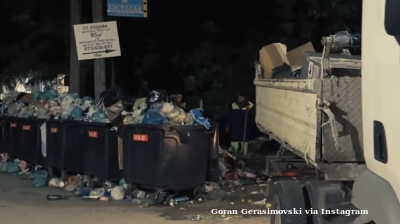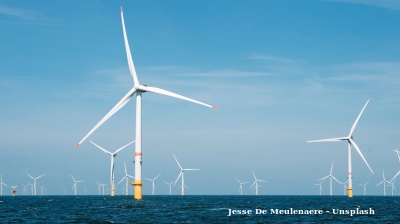A 14,500-kilometre subsea cable project in the Arctic will redraw the international data traffic route, offering a strategic alternative away from vulnerable European cables that have already come under attack by the West’s enemies.
Receding Arctic ice is unlocking a new northern route for undersea internet cables that have become crucial for global data transmission.
Last year damage was done to the Baltic Sea gas connector and telecoms cables by a Chinese ship that dragged its anchor and cut them. More recently, there were potential disruptions to Red Sea data cables following warnings from the Yemeni government of attacks by Iran-backed Houthi rebels. Over 90% of Europe-Asia traffic flows through this route.
Cinia, a Finland-based company spearheading the Far North Fiber project, highlighted the growing imperative for route diversity for Europe. The northern route project aims to establish an alternative by directly linking Europe to Japan via the Northwest Passage in the Arctic, landing in multiple countries including the United States, Canada, Norway, Finland and Ireland.
Previously inconceivable due to thick layers of ice, technological advancements and the fact that the Arctic is warming nearly four times faster than the global average have made the new route possible. However, operating in the Arctic has its own problems, including the risk of “ice scouring” when an iceberg, rather than anchor, can cut a cable.
For most of the year the cables are protected by the thick winter ice, making the cables inaccessible to attack. However, that same ice means if the cable is cut by an iceberg touching bottom then it is inaccessible for months until the summer melts the ice.
Nokia's subsidiary, Alcatel Submarine Networks, is tasked with manufacturing and deploying the northern route cables, slated for completion by 2027. The European Union's has earmarked €23mn for the project.








